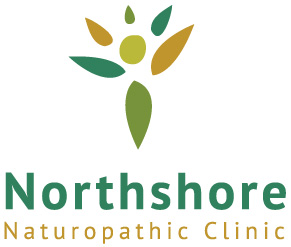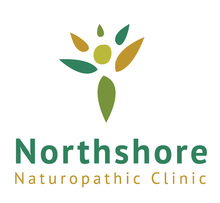By Dr. Matsen, Northshore Naturopathic Clinic, North Vancouver, BC, author of the new book EATING ALIVE Simplified! How to Eat Yourself to Great Health
Is acid reflux burning you up? Does it feel like there’s lava in the pit of your stomach that then flows up under your sternum to your throat? Is it worse at night, making a good sleep impossible?
You may be surprised to learn acid reflux is not necessarily a stomach problem. Your stomach is more likely reacting to irritation from bile that is made by your liver. When you eat, bile enters the base of your stomach at the duodenum to help digest fats. The more fatty or spicy food you eat, the more bile is secreted to aid digestion.
If your liver is overloaded and has dumped toxins into your bile, the toxic bile irritates your duodenum and stomach. The stomach, which is a muscle, reacts by going into a spasm—it shortens. That shortening of the stomach muscle can force the upper valve of the stomach open, allowing the acid and bile to reflux up into the esophagus that has little protection against the harsh digestive juices; it can become severely irritated.
For many people, the immediate reaction is to calm the stomach acid with antacids but, for a long-term cure, you must get to the root of the problem and concentrate on improving your overall liver function.
Toxins are always present during the digestion of food. Many parts of the body—the brain, nerves, joints, arteries, and DNA—are delicate and can be easily damaged by the gut toxins, so every drop of digestive fluid must be filtered by the liver and neutralized of toxins.
Put simply, liver detoxification uses a two-step process involving Phase I and Phase II enzymes. Phase I enzymes add oxygen to fat-soluble chemicals as the first step in making them water-soluble. In so doing, however, deadly peroxides are created that are up to 50 times more toxic. The production of peroxides is a normal biochemical step; Phase II enzymes should quickly neutralize the peroxides.
Tobacco, alcohol, and coffee stimulate your Phase I liver enzymes to make deadly peroxides, while refined foods (such as white sugar and white flour) and metals (such as Thimerosal, the mercury preservative in vaccines) can dramatically interfere with your Phase II enzymes’ ability to neutralize the deadly peroxides. The net result is that your liver spills the peroxides into your bile.
So to help your liver work more efficiently, avoid (or at least limit) tobacco, alcohol, coffee and refined foods.
If you experience a decrease in your acid reflux symptoms when you take acidophilus capsules, you probably also have a yeast and/or bacterial intestinal overgrowth that is putting pressure on your liver to make more deadly peroxides.
A few things might relieve the immediate symptoms of acid reflux.
- Decrease your consumption of fatty foods and spices so less bile will be secreted, thus decreasing the stress on the base of the stomach.
- Licorice is known to strengthen the stomach membranes, thus blocking the effects of stress and coffee on those valuable defensive membranes.
- A folk remedy some people find helpful is to consume dill pickle juice. Start with one tablespoon per meal and see how your stomach responds.
- One remedy with a long history of success is mastic gum, resin from a tree of the pistachio family found on the Greek island of Chios. The Phoenicians included it in the repertoire of wares they peddled around the Mediterranean 3000 years ago. It was promoted for gastritis and indigestion. A study in the New England Journal of Medicine (December 1998) showed that two 500 mg capsules of mastic gum at bedtime could also kill most types of H. pylori (the bacteria associated with ulcers) within several weeks. Even lower doses have been shown to give improvement.


